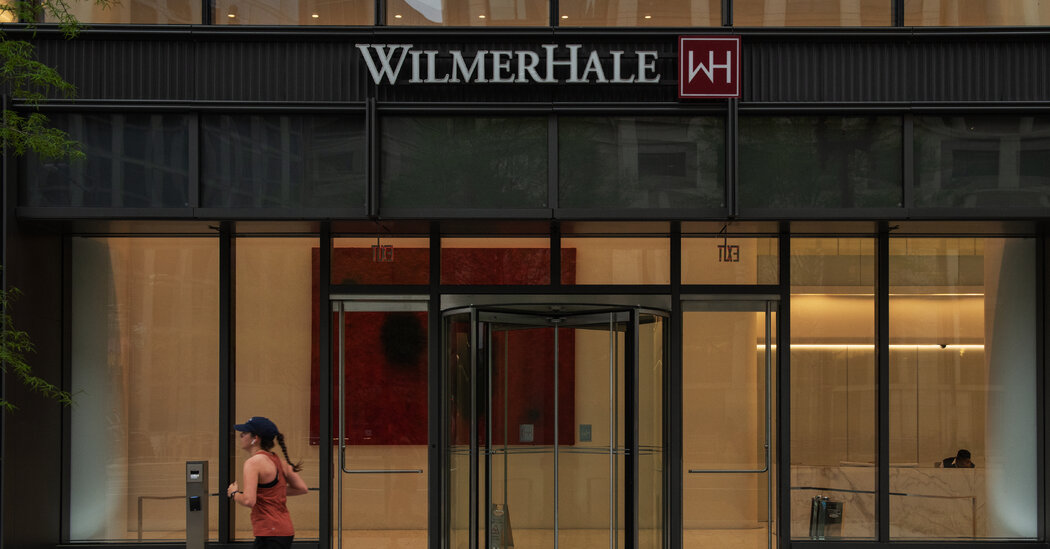Legal Battle Against Trump’s Executive Orders: Perkins Coie and WilmerHale Stand Firm
Overview of the Legal Challenge
This Wednesday, high-profile law firms Perkins Coie and WilmerHale are set to appear in court as they seek to thwart what they describe as President Trump’s politically motivated retribution against them. The firms argue that his executive orders, which label them as national security threats, infringe upon their legal rights and ability to operate effectively.
The Essence of the Dispute
Perkins Coie and WilmerHale have filed motions requesting a permanent injunction against the executive orders issued by President Trump that, they assert, are constitutionally unsound. Their position hinges on the belief that trial is unnecessary given the blatant unconstitutional nature of the orders.
Attorneys for WilmerHale emphasized in a filing, “Simply put, blacklisting and sanctioning law firms for representing the president’s political opponents… is anathema to our constitutional order.”
The Legal Proceedings and Ambiguities Ahead
Judges Beryl A. Howell and Richard J. Leon, presiding over the cases in the Federal District Court of Washington, are not obligated to deliver a verdict immediately following the hearings. The outcomes of these cases are being closely monitored within the legal community, particularly due to the significant implications for elite law firms that have been affected by Trump’s executive actions.
Government’s Position
The U.S. government seeks to have the lawsuits dismissed based on the assertion that the president’s orders are within his constitutional authority and represent a form of political speech. The government’s stance highlights a broader conflict over the power dynamics between political figures and public institutions.
Background Context
In March, Trump specifically targeted Perkins Coie and WilmerHale in a series of executive orders that restricted federal contracting with these firms and prevented their attorneys from entering federal buildings. This action stemmed from the firms’ prior legal representation of clients opposing Trump, exacerbating tensions between political affiliations and legal representation.

